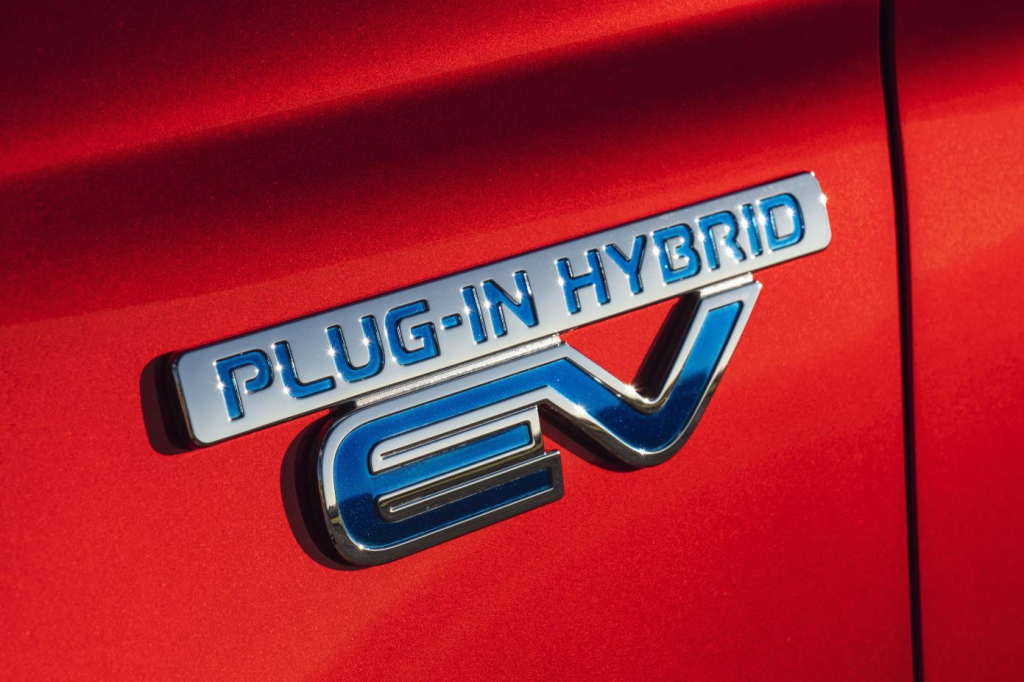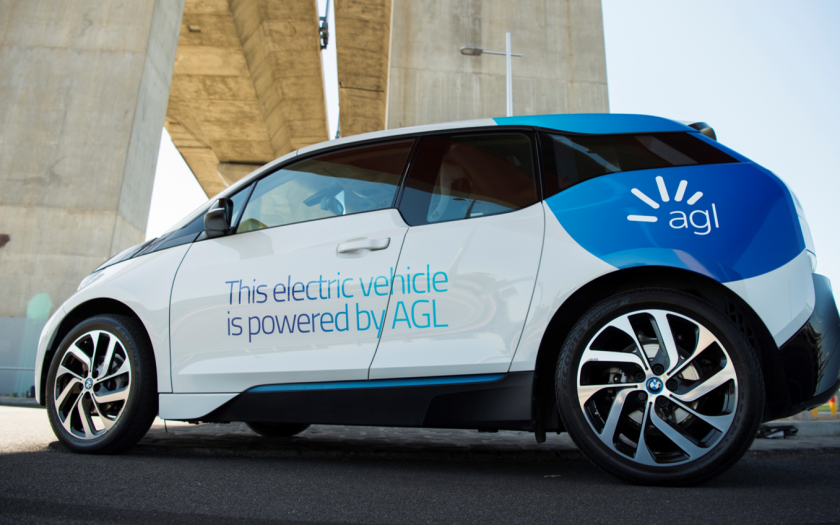THE FCAI HAS WELCOMED THE APPROACH taken by the Victorian Government today towards a suite of incentives for electric vehicles, supporting infrastructure investment and CO2 emissions targets for public and private vehicle fleets.
“We have worked closely with the Victorian Government to find a holistic approach to increasing the uptake of electric vehicles through specific investments and climate targets,” FCAI Chief Executive Tony Weber said.
“However, the FCAI has concerns over the ambitious target of 50 percent of new vehicle sales in Victoria being electric vehicles by 2030, warning that governments should focus on CO2 emissions targets rather than mandating specific technologies.”
“The aim is to reduce CO2 emissions from vehicles. Governments should focus on targets, not technologies. If governments set the targets, the carmakers will deliver the range of vehicles into the market that achieve environmental outcomes and meet the needs of Australian motorists.”
“We have already come a long way and we believe these issues can be resolved. The FCAI thanks the Victorian Government for its consultation on this issue and we look forward to continuing to develop more policy through the Victorian Government’s expert advisory panel to ensure that achievable, practical and innovative long-term strategies are in place to meet long-term, shared objectives for CO2 emissions reduction.”
Mr Weber added that the actions taken by the Victorian Government highlighted that the Federal Government risked missing an opportunity to provide leadership and policy direction on the increased take-up of Zero and Low Emissions Vehicles (ZLEVs).
“The FCAI has consistently advocated for a national approach to these issues that ideally would be Federally-led to avoid the prospect of individual State Governments introducing their own standards and incentive programs in support of ZLEVs.
“Consistency is the critical element for Australian customers. If other States introduce their own programs, they must align. Otherwise, the result will be another disjointed and chaotic system like the introduction of different rail gauges across the country.”

Mr Weber said that the FCAI supported the introduction of sensible and achievable CO2 emissions targets that allowed customers to choose the vehicles and technology they wanted to suit their personal and commercial needs.
Mr Weber also noted the incentives announced today by the Victorian Government specifically supporting electric vehicles.
“The incentives package for electric vehicles is consistent with actions being taken by governments across the world. However, it does bring into question the decision of the Victorian Government to also introduce legislation that targets a road user charge on electric and plug-in hybrid vehicles.”
“Road user charging decisions should not be based around specific technologies and particularly those that are in their relative infancy in the Australian market. An efficient road user charging scheme can address all vehicle users regardless of the type of vehicle they drive, how often it is driven and the purpose of the travel.”
“The FCAI will be keen to work with the Victorian and other governments to explore the benefits to the broad-based tax and vehicle charging reform,” Mr Weber said.
We’re interested to note that no mention is being made of the Victorian government’s plan to “disincentivise” EVs by applying a “user pays” system of taxation that will penalise electric vehicle owners. We have also heard from a senior executive at one major car company who points out that the proposed user pays plan may see PHEV owners facing a double-dip tax.
